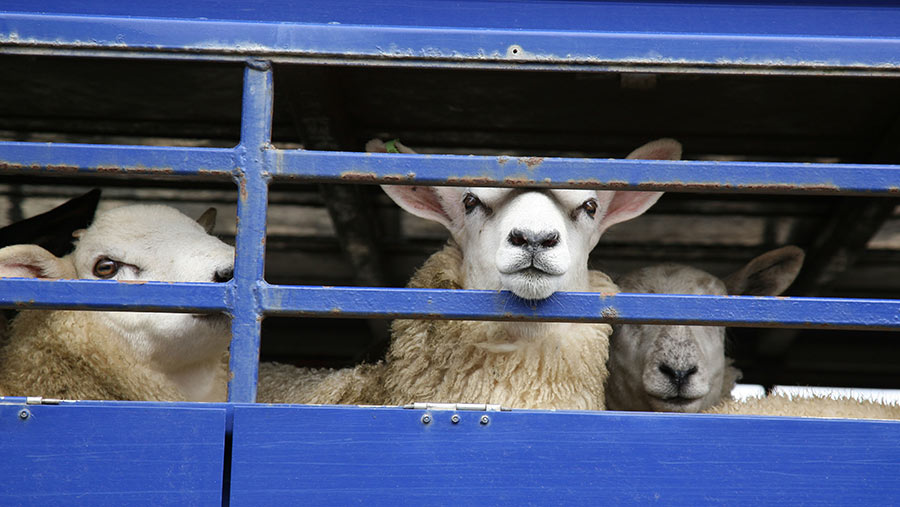Live animal exports ban proposed in King’s Speech
 © Tim Scrivener
© Tim Scrivener A new Animal Welfare (Livestock Exports) Bill has been proposed to ban live exports of cattle, sheep, goats, pigs and horses for slaughter and fattening from Great Britain.
The King’s Speech on 7 November confirmed that plans to end the live export of animals are back on the agenda.
This bill will allow the government to fulfil one of its manifesto pledges, however, it is a U-turn from May 2023 when the government dropped the Kept Animals Bill, which would have banned the export of live farmed animals.
See also: UK government drops bill to end live animal exports
Downing Street briefing notes said the new bill has been introduced to stop unnecessary stress, exhaustion and injury caused by exporting live animals.
No animals have been exported for slaughter since the proposal was announced in 2021. The new bill will bring in a permanent ban and also prevent any future exports.
Animal exports for breeding and competition will still be allowed under the new rules.
The government is also due to introduce a small abattoir fund of £4m by the end of this year.
Farmers’ Union of Wales president Ian Rickman said: “Introducing a legislative ban on live exports has the potential of creating an oversupply in UK markets, resulting in lower demand and, therefore, prices farmers receive for their stock.”
However, the announcement was welcomed by many animal welfare charities, including the RSPCA.
Trans-Pacific trade deal
The Comprehensive and Progressive Agreement for Trans-Pacific Partnership (CPTPP) trade agreement was also mentioned in the speech with a trade bill set to be introduced.
Mr Rickman said: “The UK government promised that they would not compromise on our high environmental protection, animal welfare and food standards in all trade negotiations.
“However, what we’re seeing here is an increase in barriers for UK producers while the government signs liberalised free-trade agreements with other countries.
“CPTPP membership comprises a diverse range of countries with standards that vary greatly. However, many produce food in manners that would be illegal in the UK, whether due to animal identification and traceability, approaches to drug and chemical use, or levels of environmental protection.”
The government said that joining CPTPP would allow dairy farmers to benefit from reduced tariffs on cheese and butter exports to Canada, Chile, Japan and Mexico, with £23.9m worth of dairy products exported to CPTPP countries in 2022.
